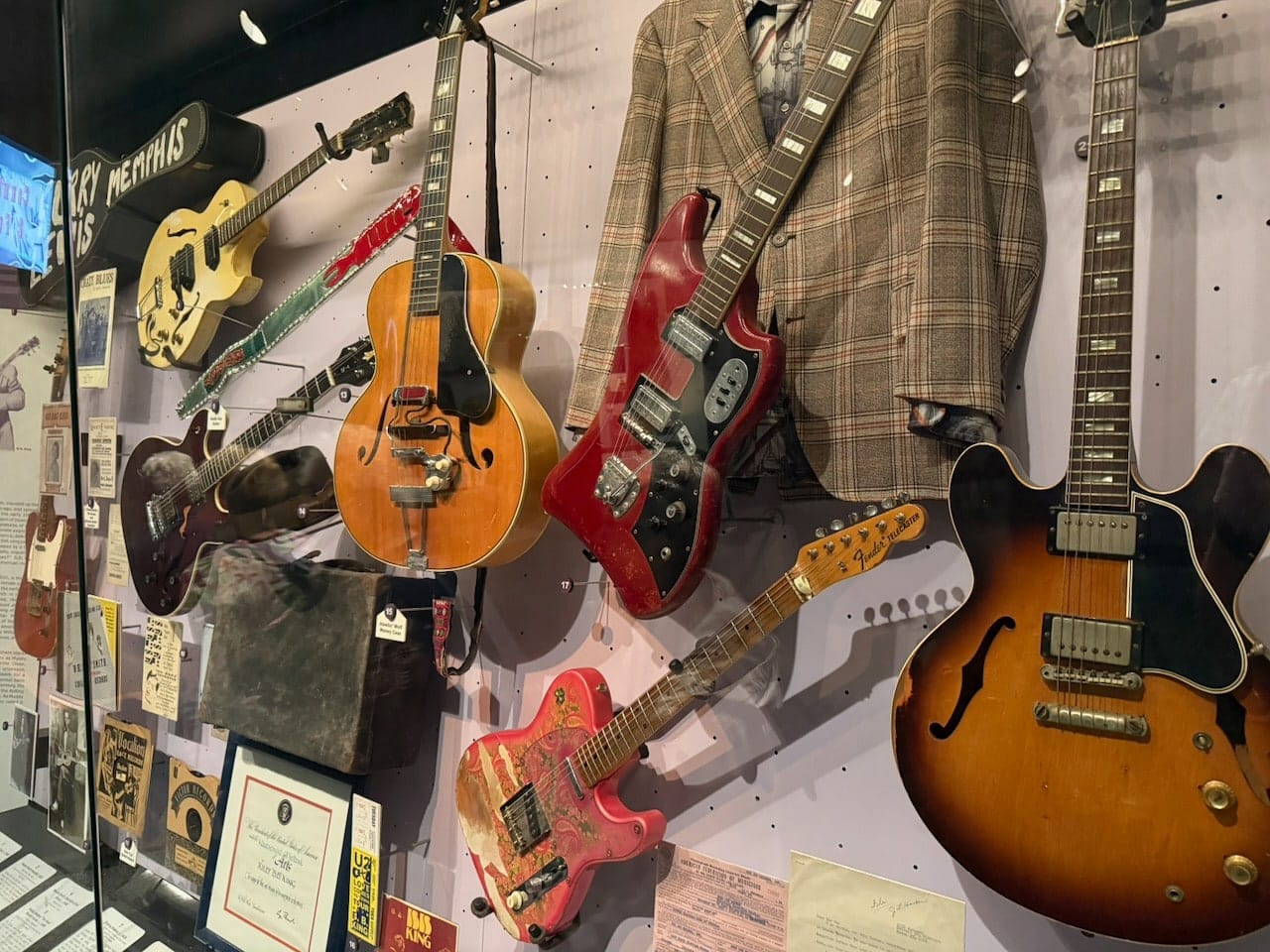It's that time of year again when the Rock & Roll Hall of Fame induction ceremony happens. Like clockwork, people who look a lot like me and listen to a lot of the same music as me come out with their posts about all the problems with the Rock Hall and the "Where's ELP? Where's Iron Maiden?"
Then, shortly thereafter, comes the, "but they let Outkast in?"
Yes, they let Outkast in. Rightfully so.
A shared lineage
Rock & roll and hip hop may have somewhat different lineages, but they share the same roots. If you disagree, pay a visit to the Rock & Roll Hall of Fame Museum in Cleveland and you'll come away with a new perspective.
On the lower level of the museum you'll see the tribute to the roots of rock & roll. What you'll find is that there is a whole section of the hall dedicated to the early blues, rhythm and blues, jazz, and other styles, including early country, western, and folk music — before you get to Elvis Presley, Buddy Holly, The Beatles, The Stones, etc.
Artists like Muddy Waters, B.B. King, Sister Rosetta Tharpe, Big Mama Thornton, Howlin' Wolf — they were heavy influences on not only the early rockers, but on early R&B, funk, and hip hop.

Rock & roll is a big tent
Just because they haven't seen fit to put Boston or Motörhead into the Rock Hall doesn't make them illegitimate. Neither does inducting Missy Elliot, or A Tribe Called Quest, or Salt N Pepa, or Outkast.
When you visit the Rock Hall and step inside that big pyramid-shaped building, you realize something: rock & roll is a big tent. It's a diverse tent. It's a multicultural tent. It welcomes all. Rock & roll is less of a genre and more of a spirit: a spirit of creativity. A spirit of rebellion. A spirit of breaking down barriers. A spirit of pushing boundaries.
Here's Andre 3000 of Outkast talking about how they got their start, building off of something that Jack White had said earlier during his induction.
It ain't perfect
No institution is perfect. There are undoubtedly musical elitists in the ranks of Hall of Fame voters hell bent on keeping certain artist out.
Rock is not without gatekeepers. It has its unscrupulous record executives, heavy commercialism, and greed. It also has an inherent rebelliousness that takes on the institution from within. We see it in punk. We see it in grunge. We see it in hip hop. That's important.
Rock & roll greatness is subjective. There aren't hard and fast rules. We can't look at stats like yards per carry, or career batting average. Artists have to be considered on their own merit. Sometimes that merit includes record sales. It might include longevity. It might include musicianship, or musical influence. It's mostly subjective, and it's not so easy.
Do I desperately want the Rock & Roll Hall of Fame to induct the greatest rock band to ever come out of Ireland, Thin Lizzy? Yes I do, and if you disagree with my statement then you may get a glimpse into why picking who gets into a hall of fame is a challenge.
I'll just leave you with this:
Bad Company is rock & roll.
Carol Kaye is rock & roll.
Chubby Checker is rock & roll.
Cyndi Lauper is rock & roll.
Joe Cocker is rock & roll.
Nicky Hopkins is rock & roll.
Outkast is rock & roll.
Salt N Pepa is rock & roll.
Soundgarden is rock & roll.
Thom Bell is rock & roll.
Warren Zevon is rock & roll.
The White Stripes are rock & roll.
Just because some great artists aren't in doesn't mean they should leave other great artists out.


